Trump Dangles New Tax Cut Proposals With Real Political Appeal
Former President Donald J. Trump made several tax cuts during his time as Commander in Chief. With a relatively low approval rating, tax cuts and an overhauled tax system were among the few policies that he gained favor for.
During his second bid for office, he made some extreme promises on tax cuts as a way to reinvigorate his voting base to support him in November. First, it was a large tax cut for hotel and restaurant employees in Nevada, a key swing state. Then, he suggested cutting the corporate tax rate which would appeal to his colleagues in the business community that he often relied on for favors and validation.
New Promises to Boost Favorability
Another demographic that the Trump campaign has set their sights on is the Republican-leaning senior vote.

Source: Clay Banks/Unsplash
To curry their favor, Trump has suggested ending the tax on Social Security benefits. This move could be a huge bid for retirees and seniors, which is one of the most politically active groups in the United States.
Embracing New Policies
During his rallies and frequent online postings, Trump and his fellow Republican colleagues have called for a series of changes to the tax system.
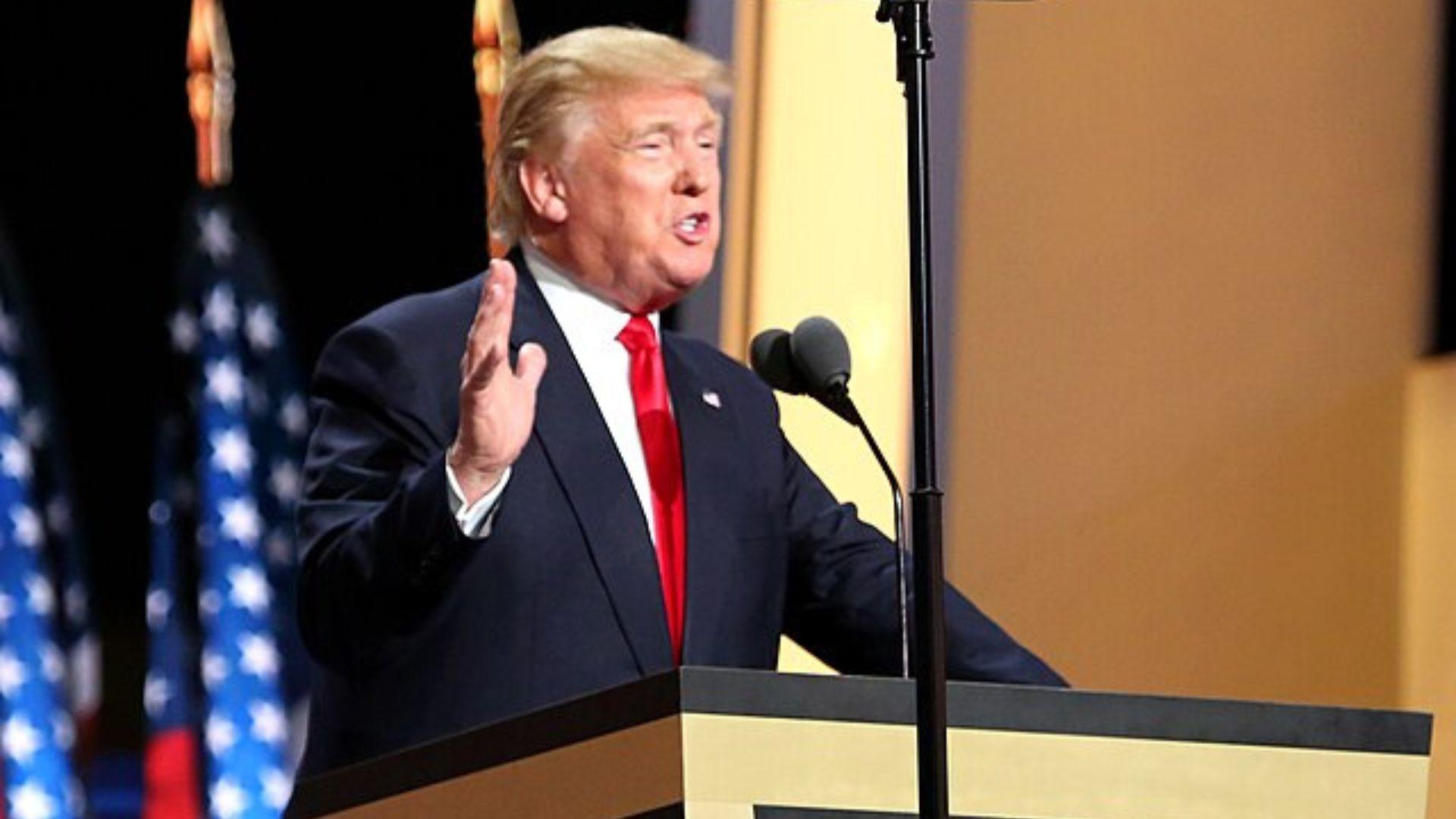
Source: Ali Shaker/VOA/Wikimedia Commons
Although no formal policies have actually been outlined, Trump has now called for a reduction in trillions of dollars in revenue. In the same breath, he has also promised to reduce the national debt by billions, which he previously added more than $8 trillion to during his first term alone.
Policy Experts Aren't So Sure
So far, policy experts have raised some issues with Trump’s big plans upon hopefully reentering office.
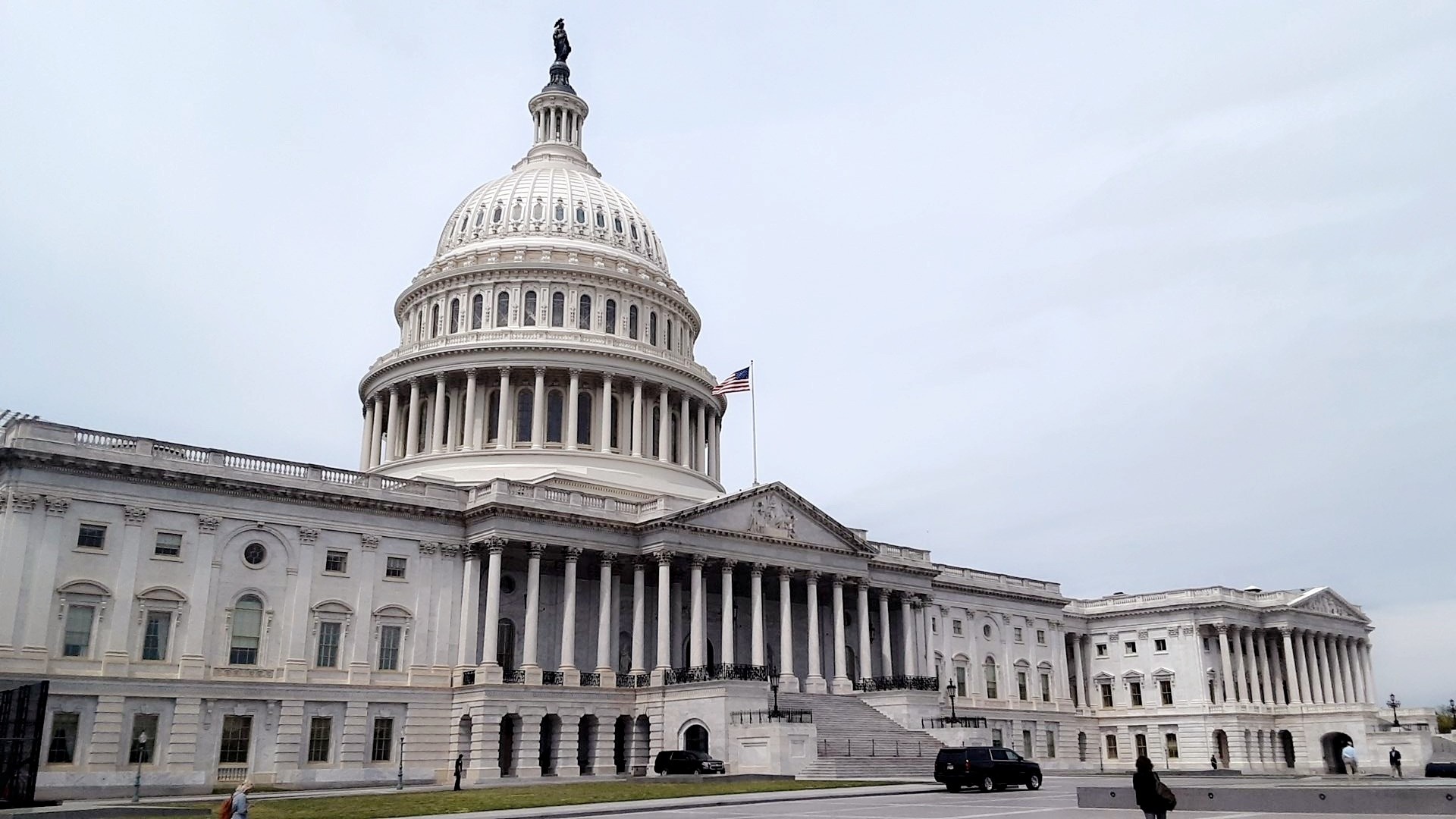
Source: JessicaRodriguezRivas?Wikimedia Commons
“You do have to scratch your head a little bit when someone’s going around offering free lunches everywhere,” explained Jesse Lee, a Democratic consultant and former Biden White House official. “We’re all for people having their lunch, but we have to raise taxes on the wealthy to pay for it.”
How Much Would Cutting Taxes Cost?
One of the biggest ways that the government makes money to pay for social services, roads, fire services, and more is by collecting taxes on income, retail sales, and properties.

Source: @DionisioGroup/X
If Trump gets his way and cuts taxes on Social Security benefits, the federal government will lose more than $1.8 trillion in revenue over the course of a decade according to the Committee for a Responsible Federal Budget.
The Plan Could Provide Much Needed Relief
On the other hand, the proposed tax cut could provide much-needed financial relief for millions of Americans who struggle to pay their bills every month.
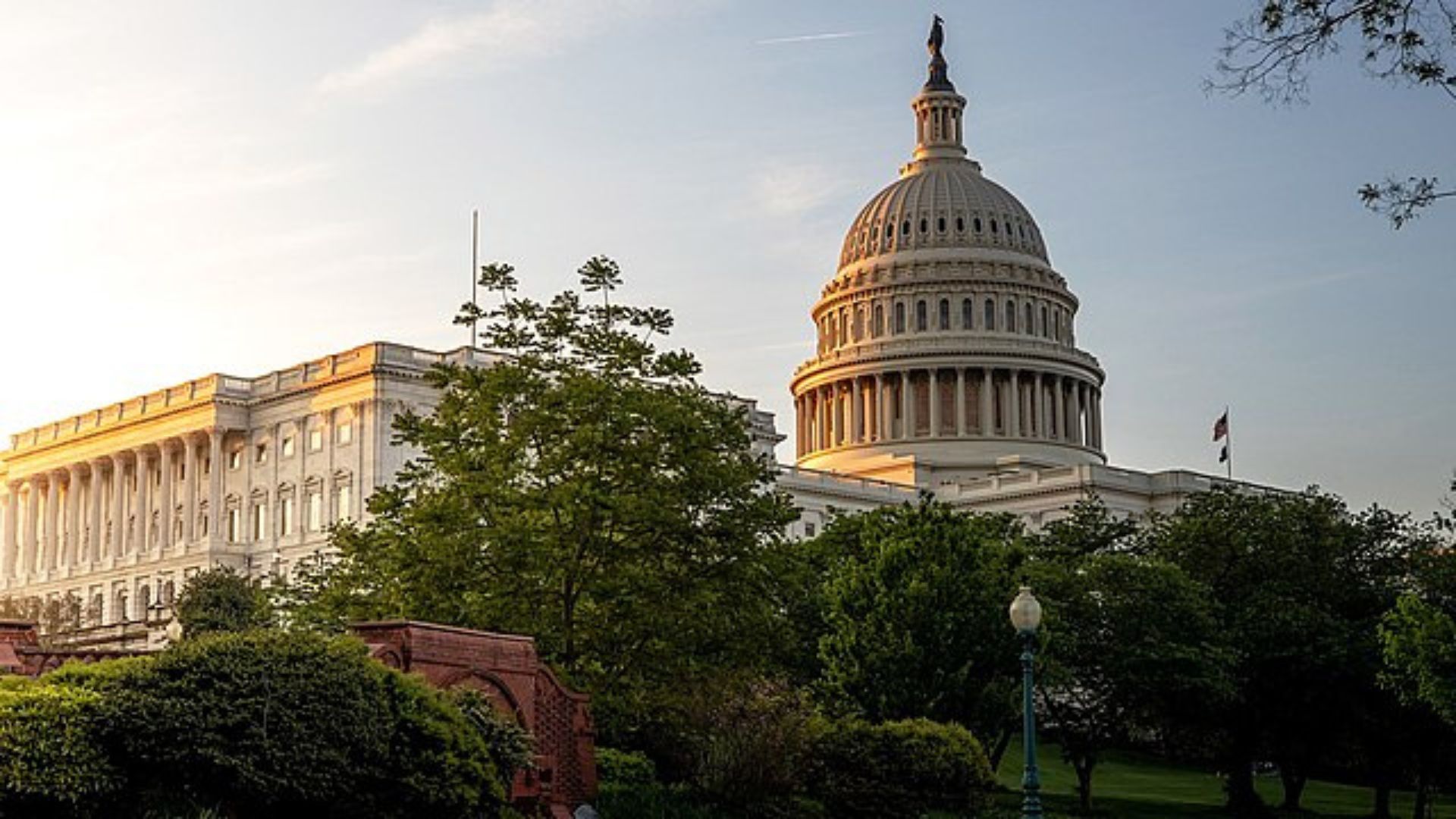
Source: Public Domain/Wikipedia Commons
In the 1980s, Congress passed a bill to tax Social Security benefits, which had previously been untaxed. Now, about 40% of people who receive Social Security payments owe taxes on the benefits. Right now, around 70 million people receive the benefits.
Who Gets Taxed?
The current method of determining if and how someone gets taxed on their benefits is a formula that counts half of all Social Security payments as income.

Source: Bennett Tobias
Any person making more than $25,000 has to pay taxes on 50% of their benefits. As well, people making more than $34,000 pay 85% of their benefits.
Families Making More Would Receive a Boost
Low-income retirees who lack a substantial savings account or nest egg usually do not make enough to owe taxes on their Social Security payments.

Source: Freepik
However, the proposed tax cut will likely boost the income of people who are already making a healthy income. Households currently making between $60,000 and $200,000 will receive the biggest boost under the proposed tax cut.
The Butterfly Effect of Cutting Taxes
There are always unintended effects whenever a new policy is implemented. With the tax cuts, it’s assumed that the money will need to be made up elsewhere.
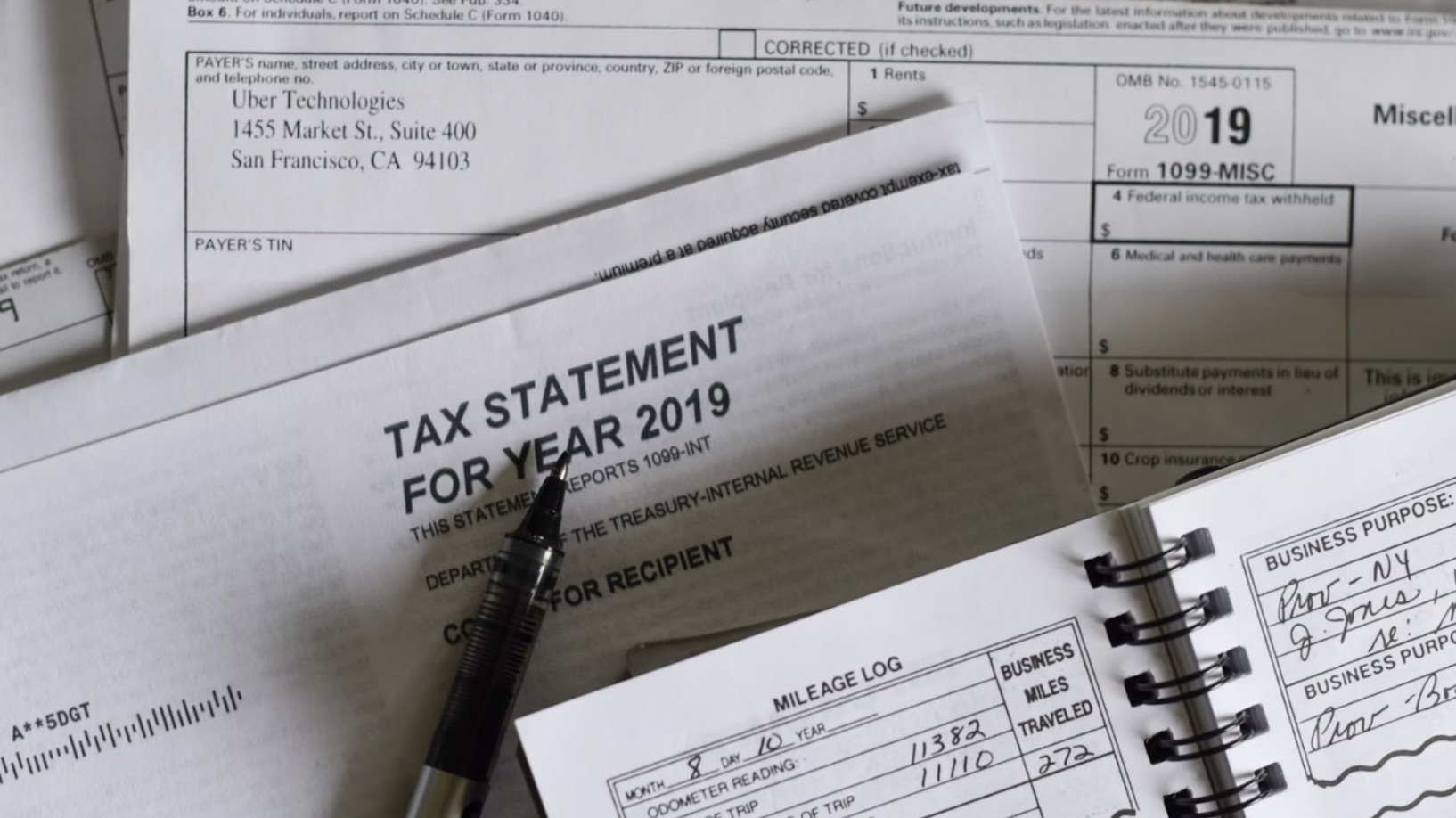
Source: Olga DeLawrence/Unsplash
Romina Boccia, the budget and entitlement policy director at the libertarian Cato Institute, notes that ending the tax will shift the burden to younger workers. When one tax ends, a new, higher tax is likely to take its place. “I can see the political calculations behind this proposal, but from a tax fairness perspective and a generation fairness perspective, it is a very bad proposal,” she said.
Bipartisan Support for the Issue
Although there has been considerable blowback from tax and policy experts, there has been some support from lawmakers across the aisle.

Source: Thomas Wozniak/Wikimedia Commons
Democrats also agree that low-income seniors do not need to be taxed on Social Security benefits that they already paid into throughout their careers.
Tim Walz Recently Signed Similar Legislation
Tim Walz, the recent VP pick for Democratic nominee Kamala Harris, signed a similar bill into law as the Governor of Minnesota.
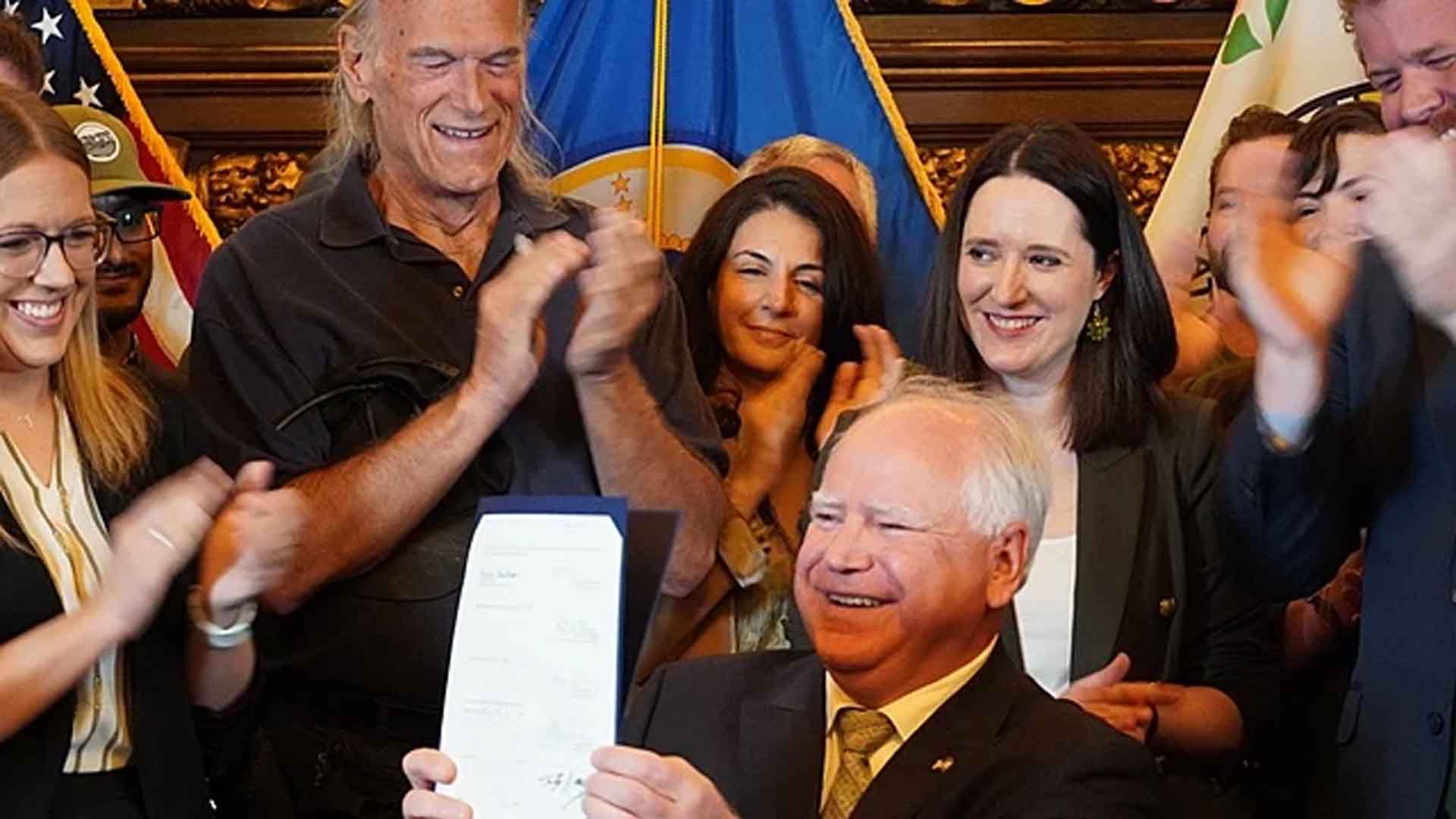
Source: Office of Governor Tim Walz & Lt. Governor Peggy Flanagan/Wikimedia Commons
He signed legislation that removed Social Security payments from state taxes for many seniors. He has often been favored among the people of this state for his progressive choices that save money for low—and middle-class people.
Trump Wants to Extend Tax Cuts He Started as President
There are a few more ideas that Trump has floated as a way to continue his legacy of reducing taxes in the country.
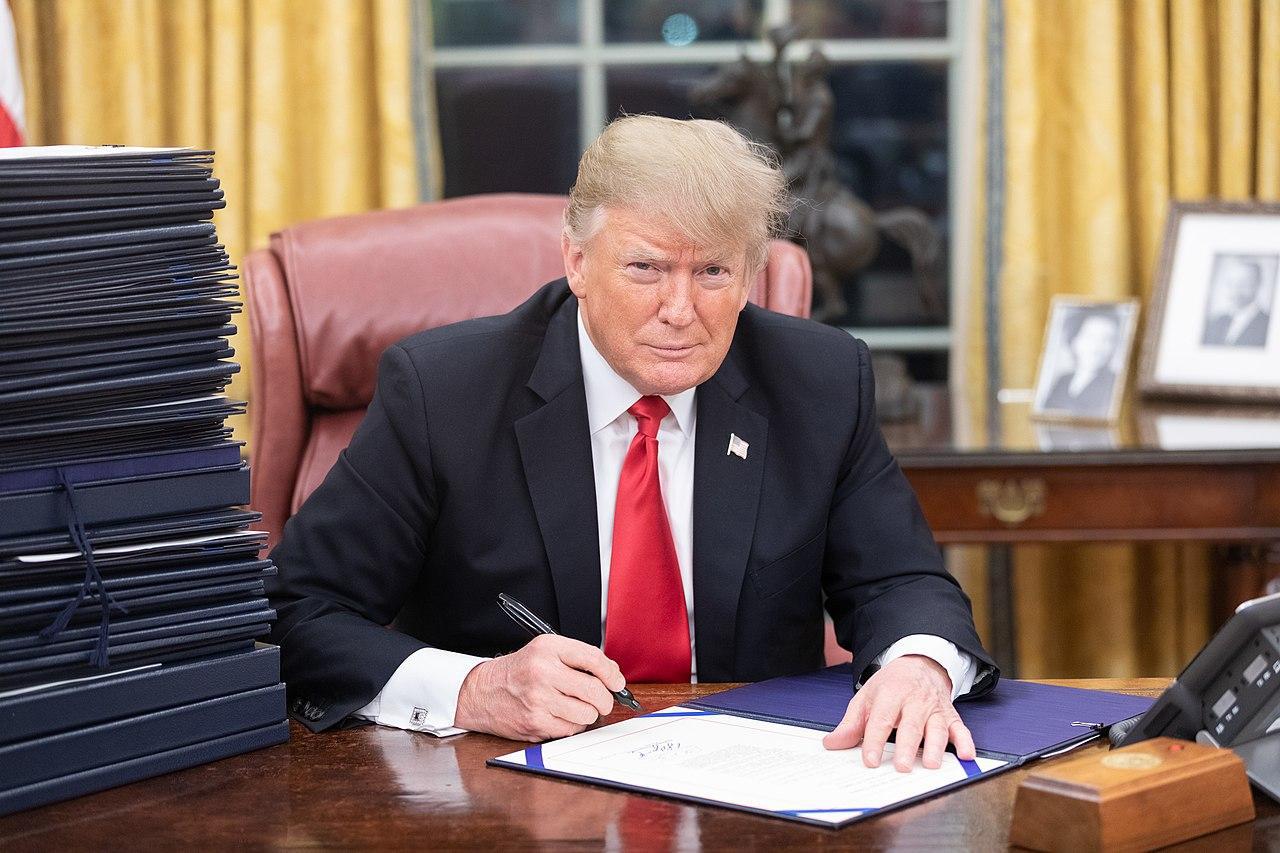
Source: Wikimedia
Under Trump’s new tax law, more high-wage earners, over $400,000 per year, and corporate entities would pay fewer taxes. However, Harris promised the opposite by pledging to not raise taxes on those who make less than $400,000 per year, a similar policy instituted by President Joe Biden.
